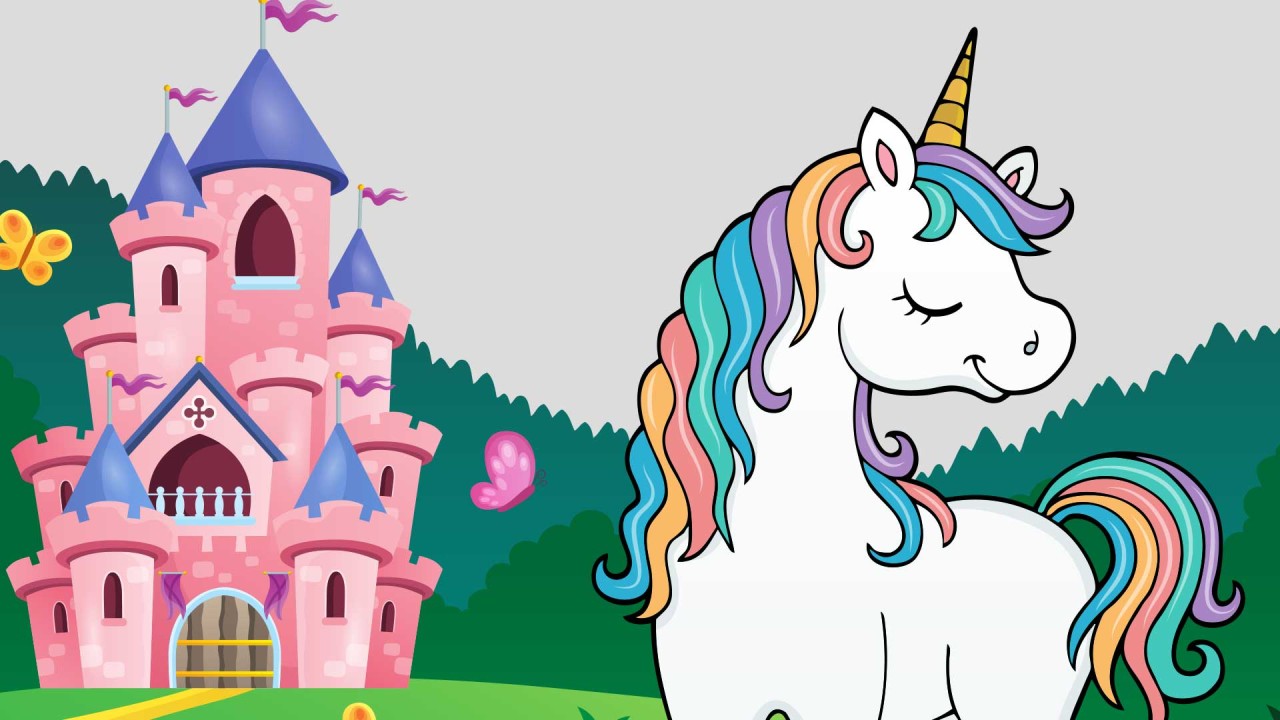.
3 myths about happiness - it’s time for us to burst your bubble
Smile. We’re living in the happiness renaissance after all, where happiness is being taken seriously and wellbeing is the trend de jour. In the years since Laughology whelped, happiness and wellbeing have gone from being fringe interests viewed with suspicion and sometimes derision, to the gold standard that individuals and organisations hanker after.
Everyone’s getting in on the act, from the Dalai Lama to Fearne Cotton. Some of them even know what they’re talking about.
We’ve seen an increase in happiness research, happiness surveys and happiness guides. This is undoubtedly a good thing. But with so much information and opinion flying around, there’s a danger that myths get mixed up with reality.
At Laughology we like to think of ourselves as experts in both the laugh (happiness) and the ‘ology’ (science-based fact), which is why this blog sets out to bust a few happiness myths you might have heard. You can find out more on our Virtually Happy webinar on 21st March at 12.30pm.
Myth 1: Happiness is in your genes
There is a commonly held and cited myth that 50% of your happiness is due to genetics, 10% to circumstance and 40% to ‘intentional activity.’ If true, this would mean we can impact our happiness by up to 40%. Thankfully it’s simply not true. The original research is based on estimates for genetics and fails to quantify how numbers are reached or what is meant by ‘circumstance’. Over the years the research has been used to promote popular psychology. The simple answer is we don’t know exact figures. The balance between each factor changes dramatically over lifetimes and also depends on social and economic circumstances.
Take what’s happening in Ukraine. In those circumstances, the figures would switch dramatically. Genetics and intentional activity would have little to do with happiness levels, while circumstance would be the overriding factor.
One of the reasons for the confusion is that happiness, wellbeing and resilience often get confused or interchanged. It helps to understand what each one is.
Happiness is an emotional/psychological state characterised by feelings of joy, satisfaction and fulfilment. Wellbeing is the state of being comfortable, usually signified by a combination of feeling good and functioning well in a mix of physical and psychological states. Finally, resilience is the capacity to cope and recover from difficulties.
All three are linked but are distinctly different. Happiness can be, and is often, fleeting. Wellbeing is how we may function mentally and physically and can lead to times of happiness. Resilience is how we keep going and can be a factor in both happiness and wellbeing.
What has all this got to do with the idea that we can influence our happiness? We can influence each of the above through our mindset. We may not always be able to choose what’s going on in the world but there are things we can influence and act on. We can build resilience, we can take accountability and make a commitment to our own wellbeing and happiness.
Myth 2: Other people are responsible for your happiness and wellbeing
Wrong. You have the power to influence your own happiness, which is empowering as it falls then firmly in your control. Undoubtedly cultures and ways of working have an impact but what is also important is helping individuals understand how their own habits and behaviours can help control happiness and wellbeing. The choices we make every day have an impact. So, while it’s true that the world isn’t made of unicorns and roses, and some very awful things that go on, there’s also good in the world and by focusing on this, we can see things differently.
Myth 3: We can choose to be happy all the time
We can’t and it’s not healthy to want to be happy all the time either. But we can make choices that support our happiness and wellbeing such as talking to others about our feelings and thoughts. Make sure, however, that you don’t just talk to people who will mirror your own beliefs and emotions.
Also, challenge yourself to think differently - here at Laughology, we call it FLIP-it Thinking. Change your narrative. Take responsibility for your own health and wellbeing. Learn coping strategies for stress. Be social as much as you can, making time for friends. Take up a new hobby, reduce the amount of alcohol you drink. Find ways to increase your sleep. Practise gratitude and be thankful for what you have. Focus on the things you can influence, not the things you can’t.
Learn from your emotions. If you reacted in a way you didn’t like, reflect on what you could do differently next time and make a note.
I was recently given a book called The Choice by Edith Eger which reflects on the choices we make, how we think, what we believe and how we react. It’s a powerful tale from a woman who survived Auschwitz. It’s helpful for understanding what choices we do have.
























